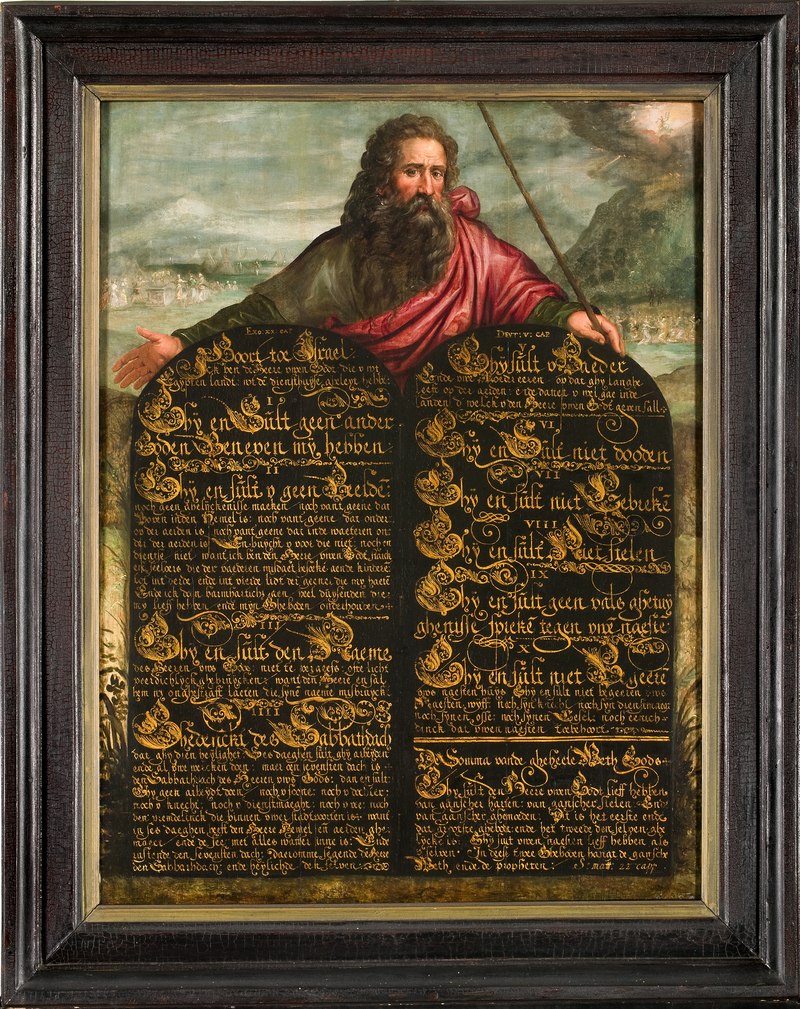Unpacking Bildad’s Discourse and Its Prophetic Undertones
Overview of the Book of Job
The Book of Job is an ancient biblical text found in the Old Testament. It is believed to be written by an unknown author and explores the theme of human suffering and divine justice. The book is divided into poetic dialogues, including the discourse of Bildad, one of Job’s friends. Key themes in the book include the nature of God, the problem of evil, and the search for meaning in suffering.
The Book of Job begins by introducing the character of Job, a righteous and prosperous man who is suddenly subjected to severe suffering and loss. Job’s friends, including Bildad, come to console him and offer their interpretations of his suffering. The dialogues between Job and his friends form the core of the book, with Bildad’s discourse being one of the most significant.
Analysis of Bildad’s Discourse
Bildad is one of Job’s friends who engages in a series of dialogues with him. His discourse is found in Job 18 and consists of three main sections. In his discourse, Bildad presents arguments that revolve around the idea that wicked people will face divine retribution and destruction. He uses vivid and poetic language to convey his point, employing metaphors and imagery. Bildad’s discourse serves as a response to Job’s lamentations and challenges to the conventional wisdom about suffering and divine justice.
Bildad’s discourse in Job 18 can be divided into three sections. In the first section, Bildad accuses Job of not understanding the consequences of wickedness and the fate that awaits evildoers. He emphasizes the idea that the wicked are trapped in their own snares and face a sudden and terrifying destruction. In the second section, Bildad describes the fate of the wicked in vivid and striking terms, portraying their destruction and downfall. He uses powerful imagery, such as the burning lamp being extinguished and the wicked being uprooted from their dwellings, to convey the severity of their punishment. In the final section, Bildad concludes his discourse by asserting that this is the fate of all who reject God and follow the path of wickedness. He warns Job of the consequences of his words and actions, implying that his suffering is a result of his own wrongdoing.
Prophetic Undertones in Bildad’s Discourse
Bildad’s discourse contains elements that can be interpreted as having prophetic undertones. Some scholars suggest that his words foreshadow future events and serve as a warning. The use of poetic language and imagery in Bildad’s discourse adds to the prophetic nature of his words. For example, in Job 18:5-21, Bildad describes the fate of the wicked in vivid and striking terms, portraying their destruction and downfall. He warns Job of the consequences of his actions and implies that his suffering is a result of his own wrongdoing.
The prophetic elements in Bildad’s discourse contribute to the overall richness and complexity of the Book of Job. They add depth to the exploration of suffering, justice, and the divine-human relationship. By presenting the consequences of wickedness in such vivid and powerful language, Bildad’s discourse serves as a reminder of the divine justice and the ultimate fate of those who reject God.
Interpretation and Significance of Prophetic Undertones
Various interpretations exist regarding the prophetic undertones in Bildad’s discourse. Some scholars view these undertones as symbolic of the larger themes of suffering, justice, and redemption in the book. The prophetic elements in Bildad’s discourse highlight the divine wisdom and sovereignty in the face of human suffering. They remind readers that God’s ways are beyond human comprehension and that there is a larger plan at work.
The significance of the prophetic undertones lies in their ability to provide a broader perspective on the nature of suffering and the divine-human relationship. They invite readers to consider the larger context of Job’s suffering and the ultimate purpose behind it. The prophetic elements in Bildad’s discourse serve as a reminder that suffering is not arbitrary but serves a greater purpose in the divine plan. They emphasize the importance of faith and trust in God’s ultimate justice and redemption.
Understanding these prophetic undertones deepens our appreciation of the theological and philosophical insights presented in the Book of Job. It allows us to see beyond the immediate suffering of Job and to contemplate the universal questions of human existence, the nature of God, and the problem of evil.
Relevance in the Broader Context of the Book of Job
The prophetic undertones in Bildad’s discourse contribute to the overall narrative and theological message of the Book of Job. They reinforce the idea that suffering is not arbitrary but serves a greater purpose in the divine plan. The prophetic elements also emphasize the importance of faith and trust in God’s ultimate justice and redemption. By recognizing and exploring these undertones, readers gain a deeper understanding of Job’s journey and the profound questions raised in the book.
In the broader context of the Book of Job, Bildad’s discourse serves as a pivotal moment in the dialogues between Job and his friends. It challenges Job’s understanding of suffering and divine justice and presents an alternative perspective that highlights the consequences of wickedness. The prophetic undertones in Bildad’s discourse contribute to the overall exploration of the nature of God, the problem of evil, and the search for meaning in suffering.
By engaging with the prophetic elements in Bildad’s discourse, readers are prompted to reflect on their own understanding of suffering and the divine-human relationship. They are invited to consider the larger theological and philosophical questions raised in the Book of Job and to grapple with the complexities of human existence.
Conclusion
Unpacking Bildad’s discourse and its prophetic undertones provides valuable insights into the Book of Job. The discourse adds depth and complexity to the exploration of suffering, justice, and the divine-human relationship. By analyzing and interpreting these prophetic elements, we gain a deeper appreciation for the wisdom and theological richness of the book.
The prophetic undertones in Bildad’s discourse serve as a reminder of the divine justice and the ultimate fate of those who reject God. They contribute to the overall narrative and theological message of the Book of Job, reinforcing the idea that suffering is not arbitrary but serves a greater purpose in the divine plan. By recognizing and exploring these undertones, readers gain a deeper understanding of Job’s journey and the profound questions raised in the book.
In conclusion, the prophetic undertones in Bildad’s discourse offer a unique perspective on suffering, justice, and the divine-human relationship. They challenge readers to reflect on their own understanding of these topics and to grapple with the complexities of human existence. By engaging with these prophetic elements, we can gain a deeper appreciation for the wisdom and theological richness of the Book of Job.
#Job18 #BildadsDiscourse #PropheticUndertones #JesusChrist #MessianicConnection #SpiritualInsights #OldTestament #BiblicalNarratives #Suffering #Redemption #Faith #ChristianFaith #Hope #Prophecies #BiblicalTeachings



